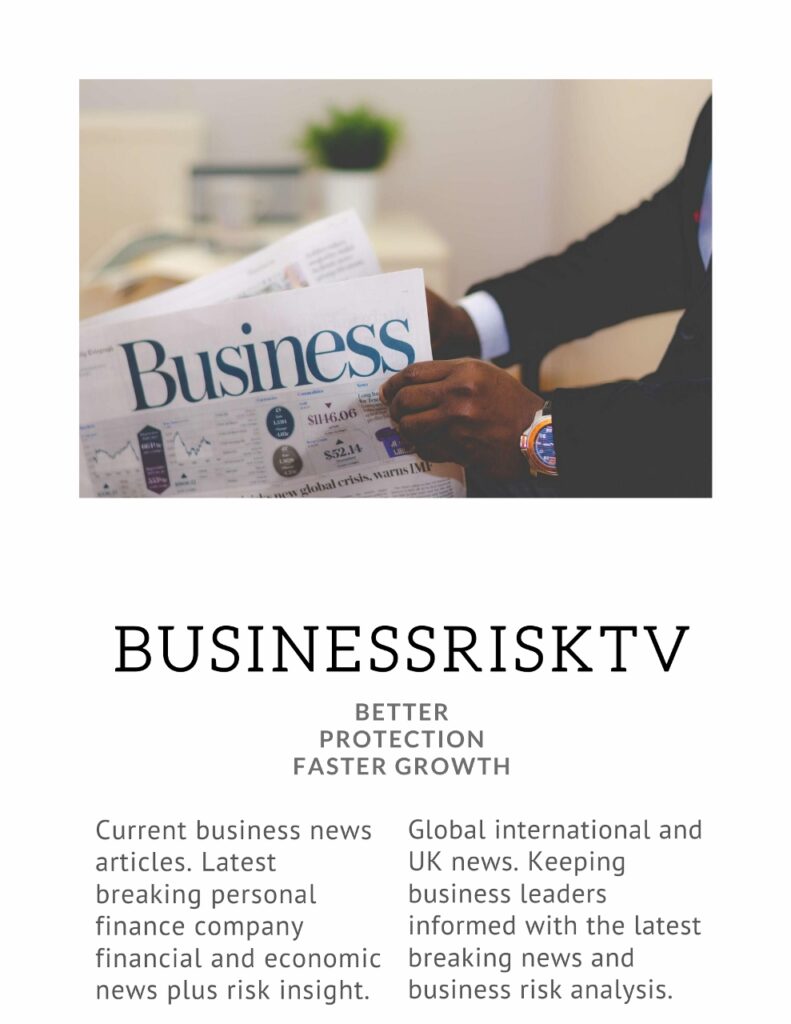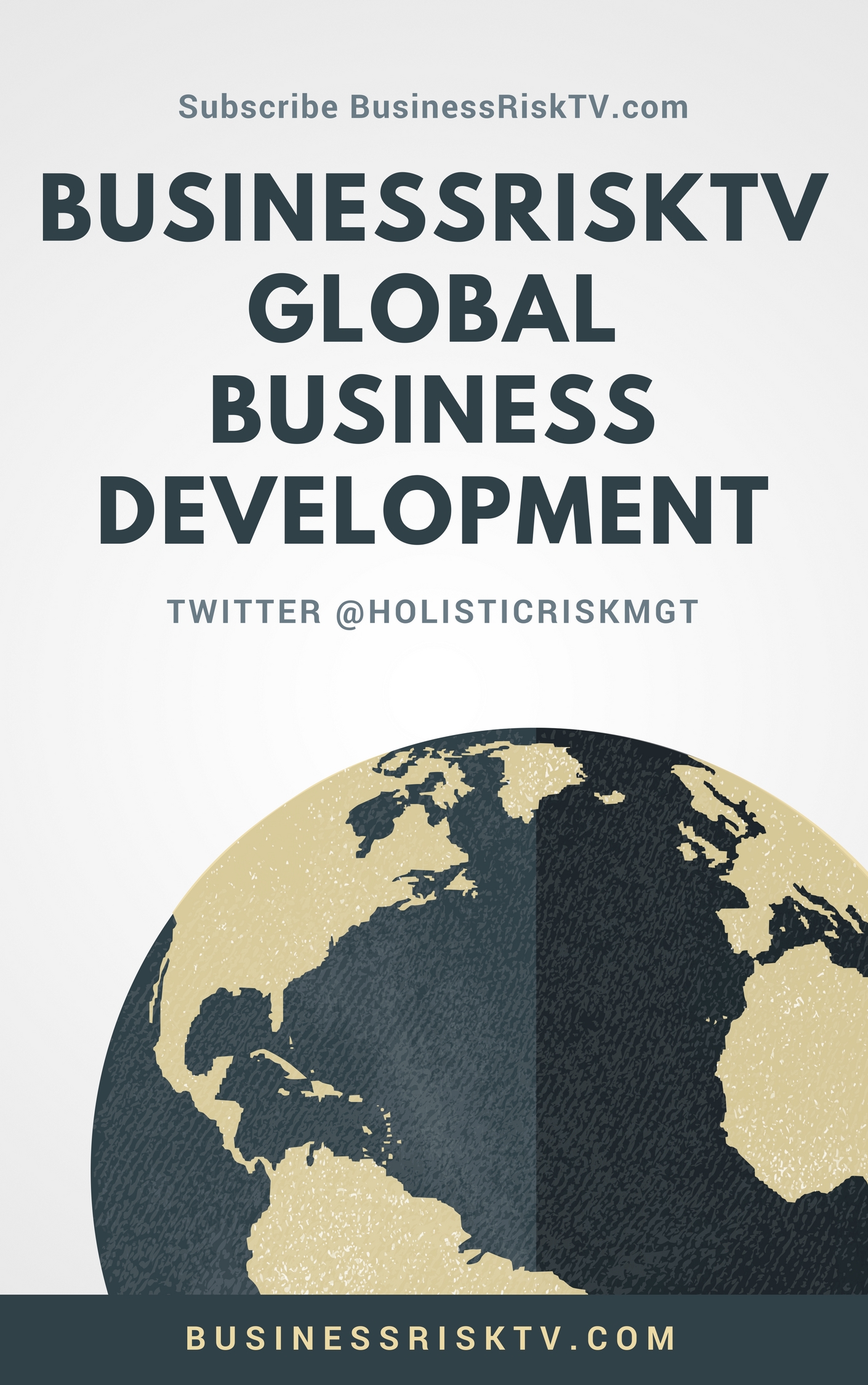The Delayed Dance: Why Central Bank Inaction Hurts Your Business
Businesses thrive in predictability. Imagine a world where the weather report was perpetually unreliable, leading to constant crop failures and market disruptions. That’s akin to operating in an economy with a central bank slow to react to changing conditions. While central bankers aren’t weather forecasters, their role is just as crucial: to anticipate and manage economic swings, fostering stability for businesses to flourish.
The recent delay in central bank responses to the evolving economic environment has far-reaching consequences, impacting businesses of all sizes and sectors globally. Here are 12 reasons why this inaction is detrimental to your company’s success, regardless of location:
1. Eroding Consumer Confidence: Consumers are the lifeblood of most businesses. When economic uncertainty lingers, people tighten their belts and delay purchases. This translates to a decline in demand, impacting your sales and revenue. Delays in interest rate adjustments or stimulus measures leave consumers in a wait-and-see mode, hindering economic growth.
2. Planning Paralysis: Businesses rely on economic forecasts to make strategic decisions regarding investments, hiring, and expansion. A lack of clear direction from central banks creates an environment of ambiguity, making it difficult to confidently plan for the future. This leads to missed opportunities and hinders long-term growth prospects.
3. Investment Chill: When interest rates remain high for an extended period, it discourages investment. Businesses become hesitant to borrow for expansion or innovation due to the perceived risk. This stagnant investment environment stifles economic dynamism and job creation, ultimately hurting your bottom line by limiting growth opportunities within your market.
4. Supply Chain Disruptions: Central bank inaction can exacerbate existing supply chain issues. Unforeseen inflation or currency fluctuations can disrupt the smooth flow of goods and raw materials. This can lead to shortages, price hikes, and production delays, impacting your ability to meet customer demands and maintain profitability.
5. Eroding Business Confidence: Just like consumers, businesses also lose confidence when the economic outlook is unclear. This can lead to a reluctance to take risks, invest in new ventures, or expand into new markets. This stagnant environment stifles innovation and hinders the growth of businesses like yours.
6. Currency Volatility: Inaction can lead to increased currency volatility. This uncertainty makes it difficult for businesses engaged in international trade to plan effectively. Unforeseen fluctuations can lead to losses on foreign transactions and make it challenging to price products competitively in the global market.
7. Increased Borrowing Costs: When central banks finally react to out of control inflation by increasing interest rates, borrowing costs increase. This can make it more expensive for businesses to access capital for essential operations like expansion, inventory purchases, or equipment upgrades.
8. Labour Market Uncertainty: Delayed action on inflation can create an environment of wage-price spirals. As inflation rises, workers demand higher wages to maintain their purchasing power. Businesses struggling with rising costs may hesitate to meet these demands, leading to labour unrest and impacting productivity.
9. Eroding Brand Trust: Businesses operating in an unstable economic environment risk losing consumer trust. Frequent price fluctuations, product availability issues, and disruptions in service delivery can damage brand reputation. This can lead to a decline in customer loyalty and market share.
10. Difficulty Attracting Talent: Top talent seeks stability and career growth opportunities. In a volatile economic environment, skilled workers are more likely to stay put at their current jobs or look for opportunities in more stable sectors. This can make it difficult to attract and retain the best talent, hindering your ability to compete effectively.
11. Heightened Risk of Recession: Delayed responses to economic instability can increase the risk of a recession. Unchecked inflation, coupled with rising interest rates, can dampen consumer spending and business investment, leading to a downward economic spiral. A recessionary environment is detrimental to all businesses, regardless of size or sector.
12. Global Economic Interdependence: Today’s world is increasingly interconnected. Economic events in one region can have ripple effects across the globe. When central banks delay action, it creates uncertainty that transcends national borders and disrupts global trade and investment flows. This interconnectedness means your business, even if operating domestically, can be impacted by economic instability originating elsewhere.
What Can Businesses Do?
While central bank inaction presents challenges, businesses are not powerless. Here are some strategies to navigate this uncertain environment:
- Focus on Agility: Develop a business model that allows you to adapt quickly to changing economic conditions. Invest in technologies and processes that enhance your operational efficiency and reduce costs.
- Diversify Your Markets and Products: Reduce your dependence on any single market or product segment. Look for opportunities to expand into new markets or develop new products and services that cater to evolving customer needs.
- Build Strong Customer Relationships: Foster trust and loyalty by prioritising customer satisfaction. Build a strong brand reputation that resonates with your target audience.
- Invest in Efficiency: Continuously evaluate your operations and identify areas for cost-cutting. Streamline processes and leverage technology to improve resource allocation and productivity.
- Develop Strong Financial Reserves: Maintain a healthy cash flow and build a financial buffer to weather economic storms. This allows you to make strategic investments even during periods of uncertainty.
- Communicate Transparently: Keep your stakeholders informed about your business strategy and how you are navigating the economic environment. Transparency builds trust and confidence, attracting talent and investors.
- Advocate for Stable Economic Policy: Businesses have a voice. Engage with policymakers and industry associations to advocate for proactive and responsible economic management by central banks.
Conclusion
Central banks play a critical role in fostering a stable and predictable economic environment. Their delayed reactions to changing conditions can have a ripple effect, impacting businesses of all sizes and sectors globally. By understanding the challenges posed by central bank inaction and adopting proactive strategies, businesses can build resilience and navigate this uncertain landscape. Remember, a proactive business is a prepared business, better equipped to weather economic storms and seize opportunities even in a volatile marketplace. The path to success may be less clear, but with agility,strategic planning, and a focus on long-term sustainability, your business can thrive despite the delayed dance of central banks.






